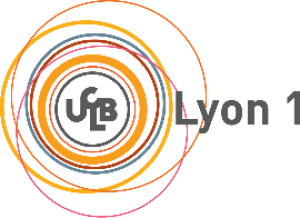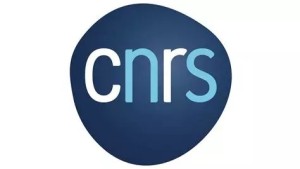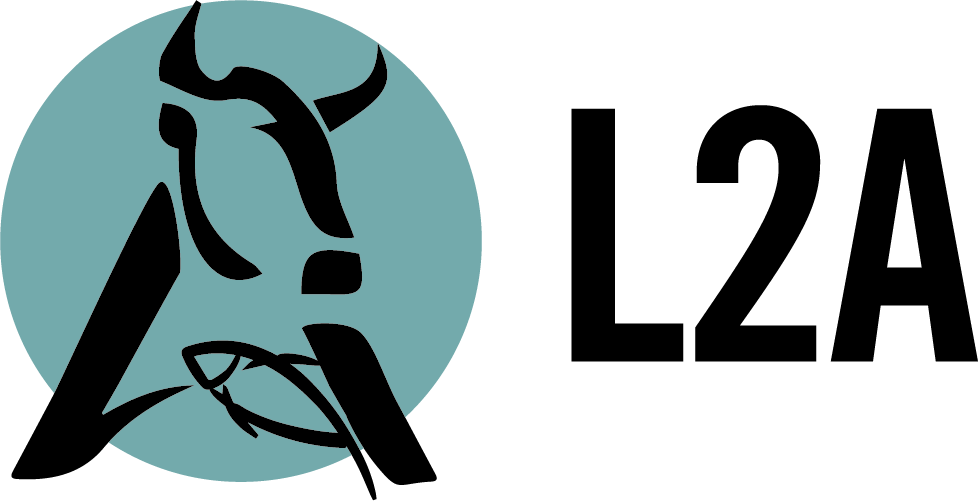

The freshwater shrimp Macrobrachium rosenbergii represents a promising diversification opportunity for the pond fish industry, which is hard hit by the effects of climate change. Able to be raised in semi-extensive conditions with few inputs, M. rosenbergii meets growing consumer demand by offering a local, high-quality and eco-responsible alternative to imported shrimps. The overall aim of the OPTICED project is to support the transition/diversification of the pond fish farming industry through research aimed at optimizing yields and controlling potential animal health and environmental risks. By contributing to the deployment of a sustainable farming method adapted to climate change, the OPTICED project is in line with the orientations of the Aquaculture d'Avenir 2021-2027 Plan and the 5 axes of the AAP "Promoting sustainable aquaculture activities". This project is financed by FEAMPA.
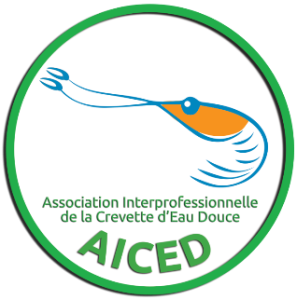
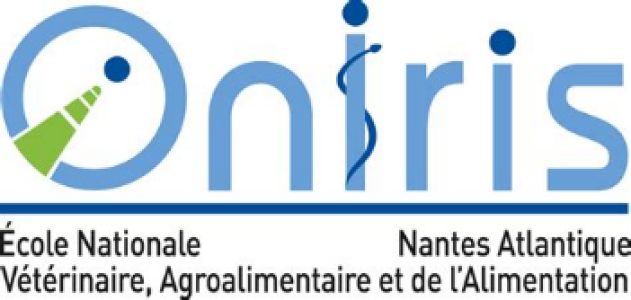
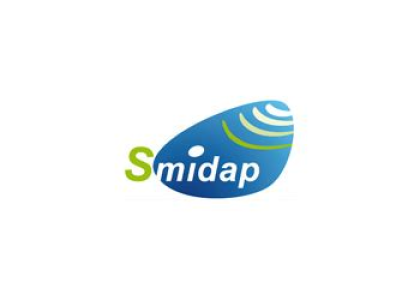
4.jpg)
The Polyras project deals with the optimisation of the aquaculture production by RAS (recirculated aquaculture system) and the reduction of its environmental footprint by the use of polyculture in the Great Region. This project includes, besides economic and methodological partners, 4 scientific partners : Liège University, the leader of the project, the CERER pisciculture, the Technical University of Kaiserslautern and Lorraine University. Our team will be in charge of the WP1 on the determination of the combination of favourable species for closed farming systems (RAS and aquaponics).
More infos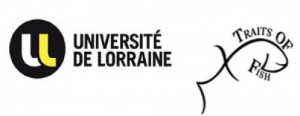
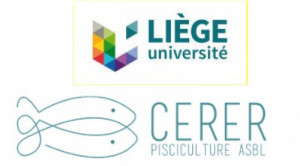

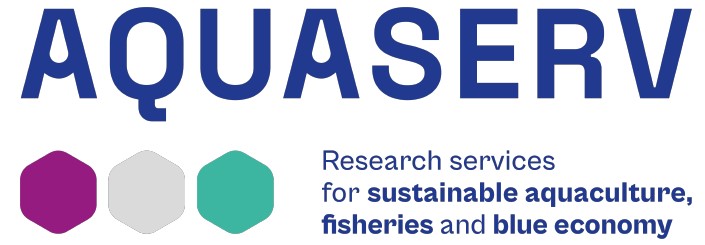

Aquaserv is a European project gathering 34 partners from 6 European research infrastructures with a total funding of 14,15 millions euros under the coordination of the Centro Ciencas do Mar do Algarve (CCMAR). For L2A, the objectif is to share the European aquaculture research infrastructures and to multiply interactions between researchers and technicians in aquaculture research.
More infosThe ‘1000 Étangs’ project is an interdisciplinary research programme supported by the Haute Saône département over six years (2021 to 2027). Its aim is to assess the strengths and weaknesses of the Mille Étangs area, in order to encourage sustainable development, support professional integration, local entrepreneurship and make the most of the area's resources.
More infos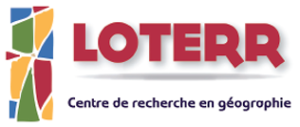
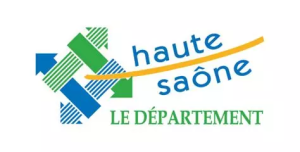
CABARETox is a research project of the MRCA team carried out in collaboration with the OFB (Office Français de la Biodiversité) and the ANSES (Agence nationale de sécurité sanitaire de l'alimentation, de l'environnement et du travail).
This project follows on from the CABARET project, which highlighted the presence of numerous transformation products (TPs) of Phyto-Pharmaceutical Products (PPPs) in the aquatic ecosystems of the headwaters of basins at concentrations often higher than those of their parent molecules. Among these ecosystems exposed to PPPs and TPs, ponds are home to a large biodiversity (avifauna, ichthyofauna, batrachians, etc.) likely to be exposed to these contaminants.
CABARETox will aim to provide information on the toxicity of the PTs most commonly encountered and to assess the health status of aquatic organisms in ponds located in catchment areas selected on the basis of a PPP exposure gradient.
This project, under the scientific coordination of Damien Banas, is positioned at the heart of URAFPA's "water-contaminant" transversal action.
More infos
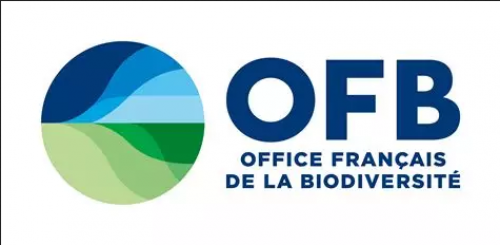

Although its use was banned more than 30 years ago, chlordecone (CLD), a persistent organic pollutant, and its metabolite, chlordecol (CLD-OH), are still found in some soils in the French West Indies. Ingested by humans and animals, mainly through food, CLD is responsible for the development of cancer, particularly of the prostate, and neurological disorders. An aldo keto reductase (AKR1C4) in the liver of animals is thought to be responsible for transforming CLD into CLD-OH.
The aim of this project is to study the cellular and molecular mechanisms involved in the toxicity of CLD and its metabolite, CLD-OH, on liver and adipocyte cells in order to gain a better understanding of their mode of action in vivo.
